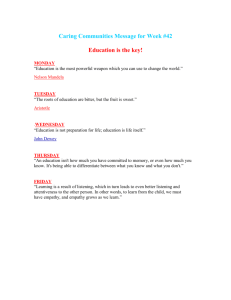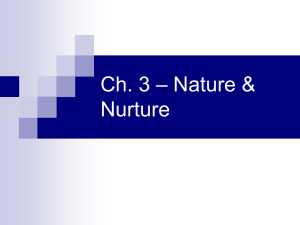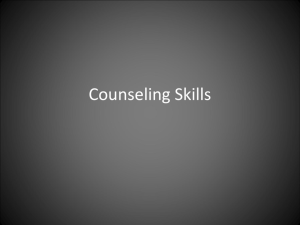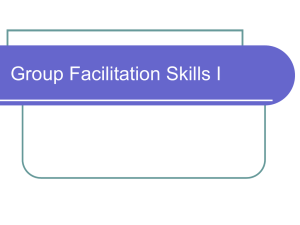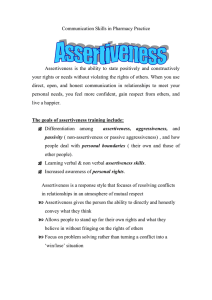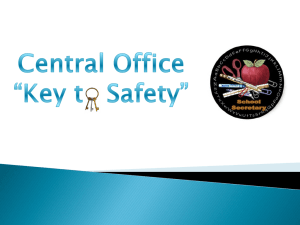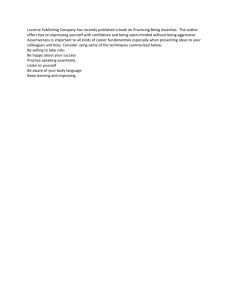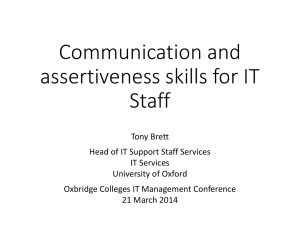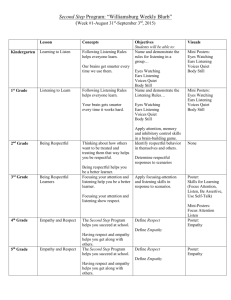supervisor and management skills
advertisement
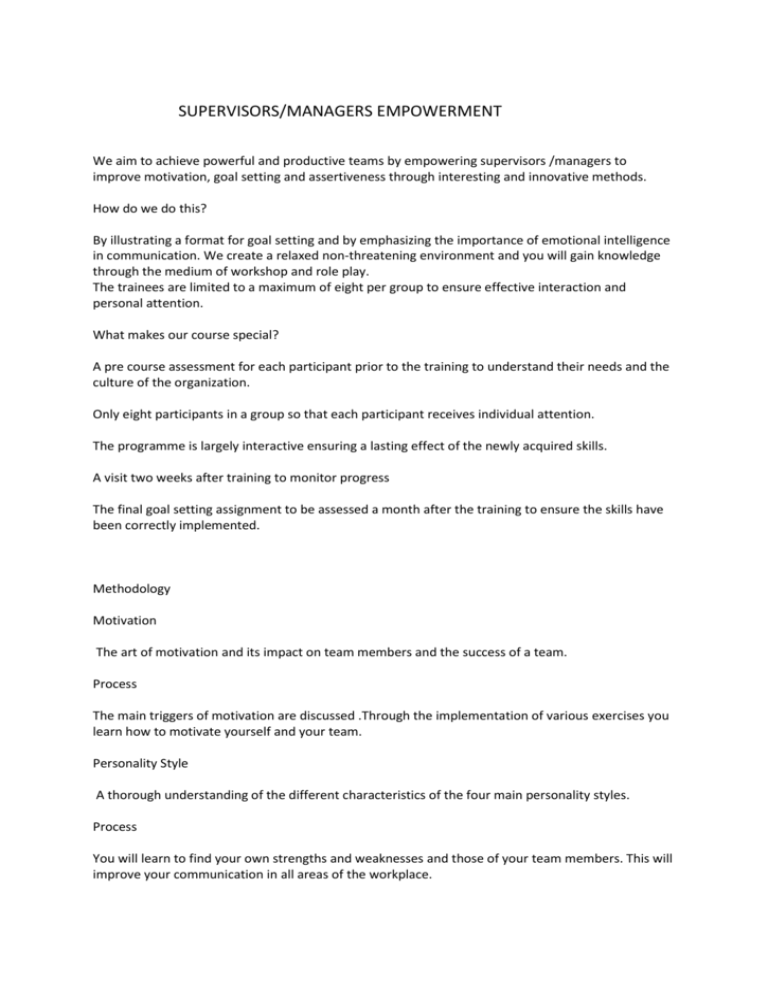
SUPERVISORS/MANAGERS EMPOWERMENT We aim to achieve powerful and productive teams by empowering supervisors /managers to improve motivation, goal setting and assertiveness through interesting and innovative methods. How do we do this? By illustrating a format for goal setting and by emphasizing the importance of emotional intelligence in communication. We create a relaxed non-threatening environment and you will gain knowledge through the medium of workshop and role play. The trainees are limited to a maximum of eight per group to ensure effective interaction and personal attention. What makes our course special? A pre course assessment for each participant prior to the training to understand their needs and the culture of the organization. Only eight participants in a group so that each participant receives individual attention. The programme is largely interactive ensuring a lasting effect of the newly acquired skills. A visit two weeks after training to monitor progress The final goal setting assignment to be assessed a month after the training to ensure the skills have been correctly implemented. Methodology Motivation The art of motivation and its impact on team members and the success of a team. Process The main triggers of motivation are discussed .Through the implementation of various exercises you learn how to motivate yourself and your team. Personality Style A thorough understanding of the different characteristics of the four main personality styles. Process You will learn to find your own strengths and weaknesses and those of your team members. This will improve your communication in all areas of the workplace. Confidence and assertiveness Emphasis is placed on the importance of gaining respect from your team through the use of assertive non aggressive behaviour. Process Discussion on confidence and how one can uplift ones self-esteem. Instruction will be given on various assertiveness techniques and where and how to use them Active listening and Empathy Effective listening and empathising cements relationships. Process Informative discussion on active listening and empathy and the value of using these skills with your demotivated and dissatisfied team Members. Specific techniques on how to use these soft skills will be implemented Feedback The use of constructive feedback is of prime importance in encouraging and motivating your team members to develop and grow, especially when delegating. Process You will learn specific exercises to help you to offer sensitive and encouraging feedback. Goal setting The importance of setting goals correctly in order to ensure that each team member is committed to the task by understanding the objective and what has to be achieved. Process Instruction is will be given on how to develop a plan to achieve a clear and specific goal. The art of developing team roles and tasks, responsibilities, accountability and authority and delegation will form a large part of your training. Emphasis is also placed on monitoring procedures. Team Dynamics and Development Creating a team that can be motivated to work efficiently and effectively by understanding the factors that can influence team development. Process The elements that effect group dynamics and development will be discussed and analysed. Workplace Assignment At the conclusion of your training you will be required to set a real goal in the workplace and together with your team members to realise that goal within one month, embodying all the skills that you have acquired on the course. We will meet with you after 2 weeks from the commencement of your preparation to ensure that you are on the right track. This is a vital assignment as the Seta will assess your progress on the basis of your achievement of the goal at the end of the one month period. Course Outcomes Improved relationships with your team. A good understanding of the power of motivation. The ability to actively listen and to use empathy. A knowledge of how to set goals correctly. The power of positive feedback. The ability to develop a cooperative team. Course Structure The trainees are limited to a maximum of eight per group to ensure effective interaction and personal attention. The training is conducted over 3 days
